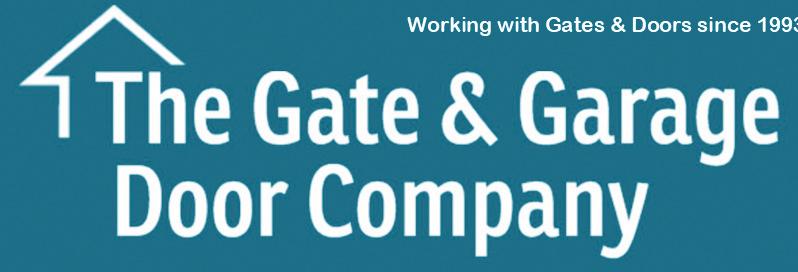
1 minute read
Closer EU ties
ered immigration and economic prosperity, it seems that those who came out in support of leaving the EU seven years ago aren’t all as confident in completely cutting ties with the bloc.
It concerns some that the question of Brexit even exists anymore, with those who voted for it often choosing to call the case ‘settled’. But for those who lost so much from Brexit (including freedom of movement rights or their small business), it is still a hard pill to swallow and an issue they feel should remain open to future change.
THE EU Commission has put forward proposals for the most ambitious and comprehensive reform of the EU Customs Union since its establishment in 1968.
The measures proposed present a world leading, data driven vision for EU Customs, which will massively simplify customs processes for business, especially for the most trustworthy traders.
Embracing the digital transformation, the reform will cut down on cumbersome customs procedures, replacing traditional declarations with a smarter, dataled approach to import supervision.

At the same time, customs authorities will have the tools and resources they need to properly assess and stop imports which pose real risks to the EU, its citizens and its economy.

The reform responds to the current pressures under which EU Customs operates, including a huge increase in trade volumes, especially in ecommerce, a fastgrowing number of EU standards that must be checked at the border, and shifting geopolitical realities and crises.
It will make the customs framework fit for a greener, more digital era and contribute to a safer and more competitive Single Market.








